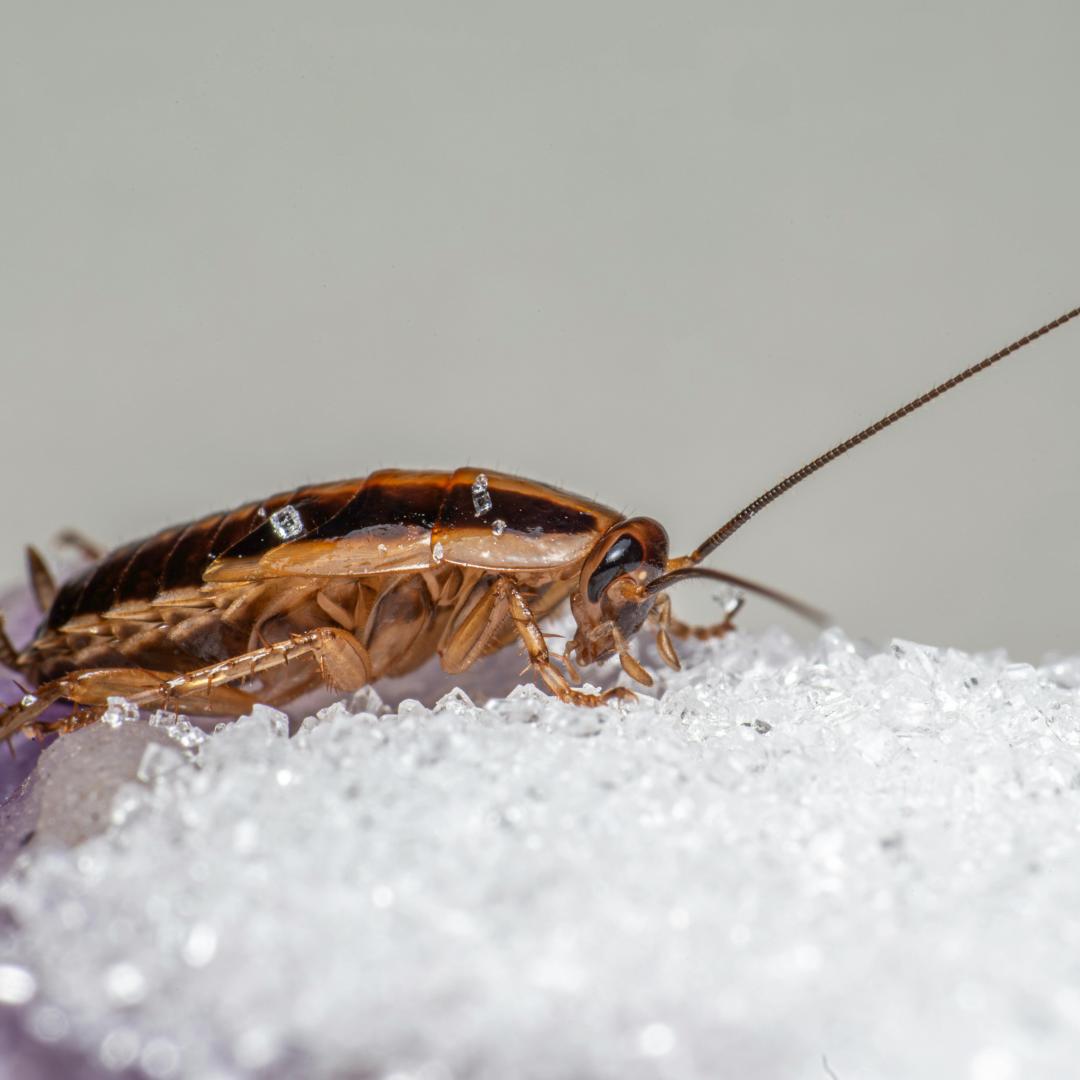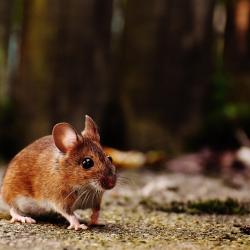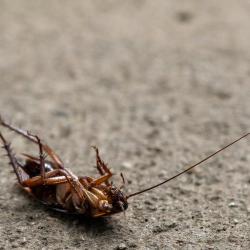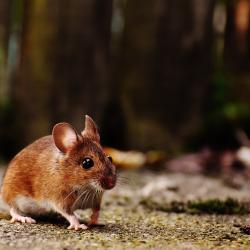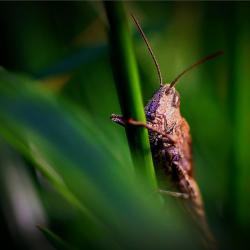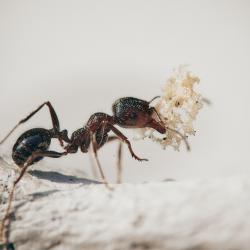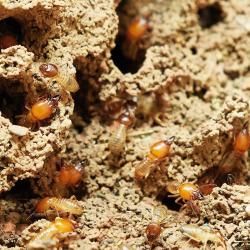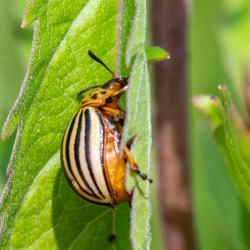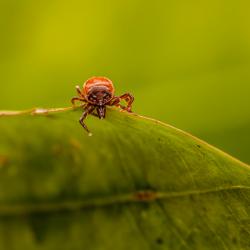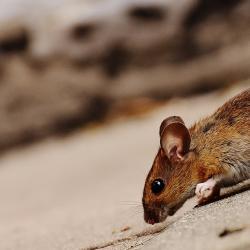The Ultimate Guide to Preventing Pest Infestations in Your Home
Pests can be a major headache for homeowners, causing damage to property, creating unsanitary living conditions, and potentially posing health risks. Whether it’s ants in the kitchen, mice in the attic, or cockroaches lurking in the bathroom, pest infestations can quickly become overwhelming if not addressed promptly. Fortunately, taking proactive measures can significantly reduce the risk of infestations and keep your home pest-free. This ultimate guide will provide you with key strategies to prevent pests from invading your living space.
Understanding Common Household Pests
Before diving into prevention strategies, it’s important to familiarize yourself with common household pests. Here are some of the usual suspects:
- Ants: These insects are attracted to food and water sources, particularly sugary substances. They can infiltrate homes through small cracks and crevices.
- Cockroaches: Known for their resilience, cockroaches thrive in warm, humid environments. They are attracted to food, water, and shelter.
- Rodents (mice and rats): These mammals seek food and warmth, often entering homes through small gaps and creating nests in attics or basements.
- Spiders: While most spiders are harmless, they can indicate the presence of other pests. They often enter homes in search of prey.
- Termites: These insects feed on wood, potentially causing structural damage if left unchecked.
Prevention Strategies
1. Maintain Cleanliness
Cleanliness is a fundamental aspect of pest prevention. Implement these practices to minimize attraction:
- Regular Cleaning: Sweep and vacuum frequently to remove crumbs and debris. Pay special attention to areas like the kitchen, dining room, and pantry.
- Proper Food Storage: Store food in airtight containers to prevent access. Keep ripe fruit in the refrigerator and clean spills promptly.
- Trash Management: Dispose of garbage regularly and ensure outdoor bins have secure lids. Rinse recyclables before discarding.
2. Seal Entry Points
Pests can enter your home through tiny openings. Conduct a thorough inspection and seal potential entry points:
- Caulking: Use caulk or weatherstripping to seal gaps around windows, doors, and utility pipes.
- Mesh Screens: Install mesh screens on windows and vents to keep insects out.
- Door Sweeps: Place door sweeps on exterior doors to eliminate gaps at the bottom.
3. Control Moisture Levels
Pests are drawn to moisture, so reducing humidity can deter them:
- Fix Leaks: Repair leaking pipes, faucets, and air conditioning units promptly.
- Dehumidifiers: Use dehumidifiers in damp areas like basements and bathrooms.
- Ventilation: Ensure proper ventilation in attics and crawl spaces.
4. Landscaping Maintenance
Your yard can influence pest activity. Follow these landscaping tips:
- Trim Vegetation: Keep shrubs and trees trimmed away from the house to eliminate bridges for pests.
- Eliminate Standing Water: Regularly empty containers that hold water, and maintain proper drainage.
- Mulch Management: Use mulch sparingly and keep it away from the foundation to deter termites.
5. Regular Inspections
Frequent inspections can catch infestations early:
- Professional Inspections: Schedule annual pest inspections with a professional company to identify potential issues.
- Self-Check: Regularly examine your home for signs of pests, such as droppings, gnaw marks, or nests.
Natural and Chemical Deterrents
Natural Remedies
- Essential Oils: Certain oils like peppermint or tea tree can repel pests. Mix with water and spray around entry points.
- Diatomaceous Earth: Sprinkle in places where pests frequent. The powder dehydrates insects, effectively killing them.
Chemical Remedies
- Pesticides: Use chemical treatments as a last resort. Follow the instructions carefully and consider professional application.
- Bait and Traps: Set traps for rodents and insects in strategic locations.
When to Call a Professional
Despite your best efforts, some infestations may require professional intervention. Consider calling pest control if:
- The infestation is extensive or recurring.
- The pests pose health risks (e.g., bed bugs or venomous spiders).
- You’re unsure how to identify or eliminate the pest.
Conclusion
Pest prevention requires consistency and vigilance, but with the right strategies, you can keep your home safe and healthy. Regular maintenance, proper sanitation, and early detection are key components of effective pest management. By taking proactive steps and understanding how pests operate, you can create an inhospitable environment for these unwanted guests, ensuring your home remains a comfortable haven for you and your family.
